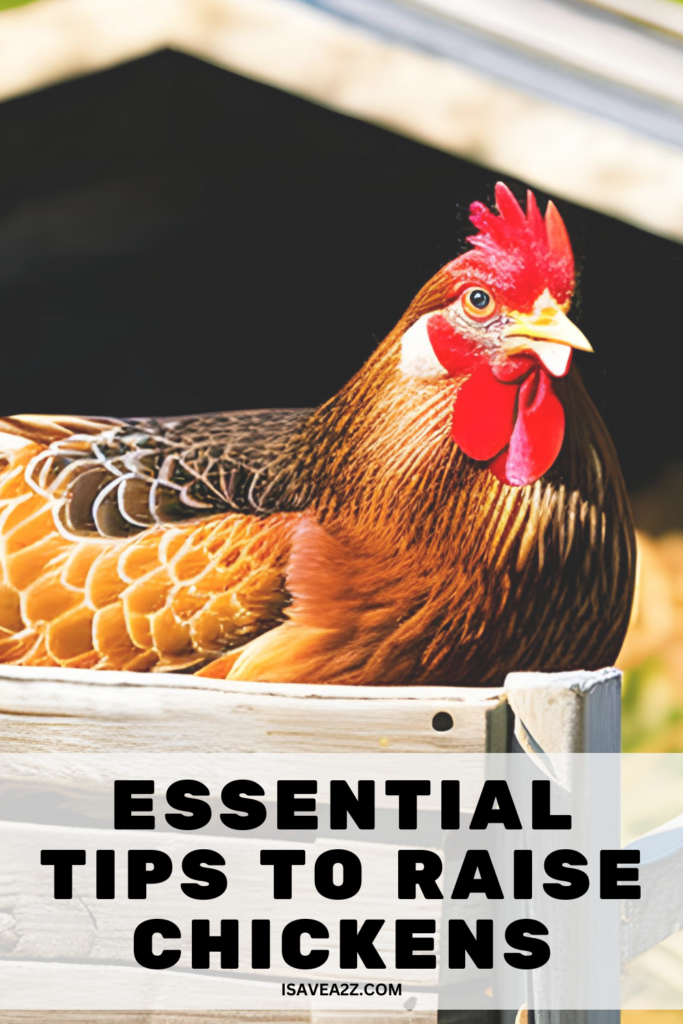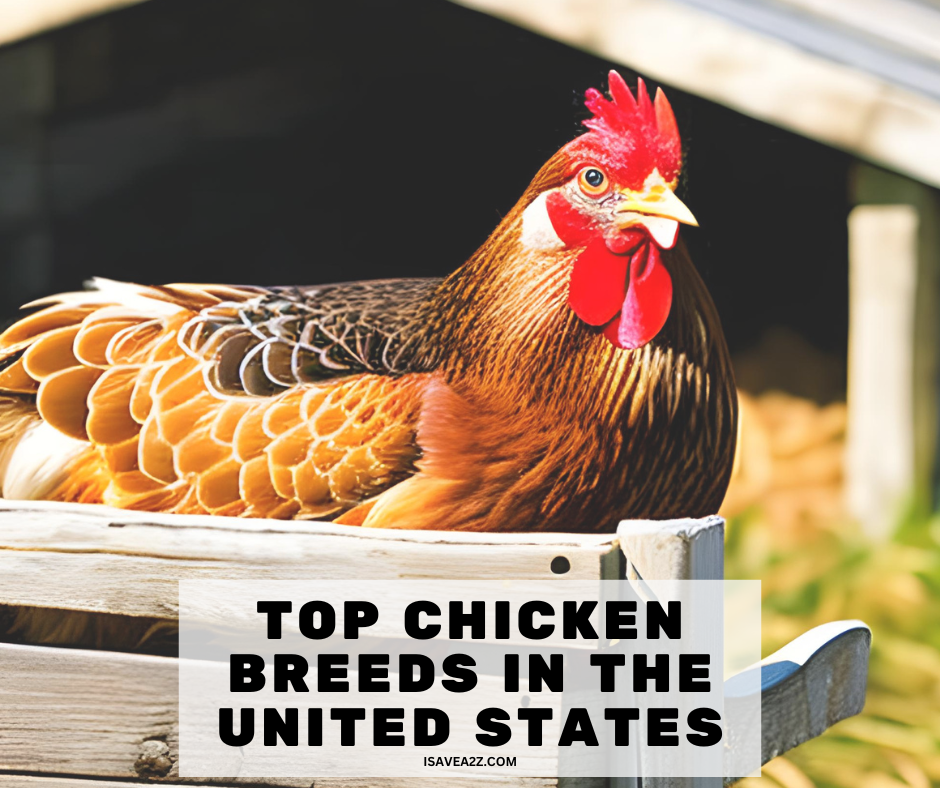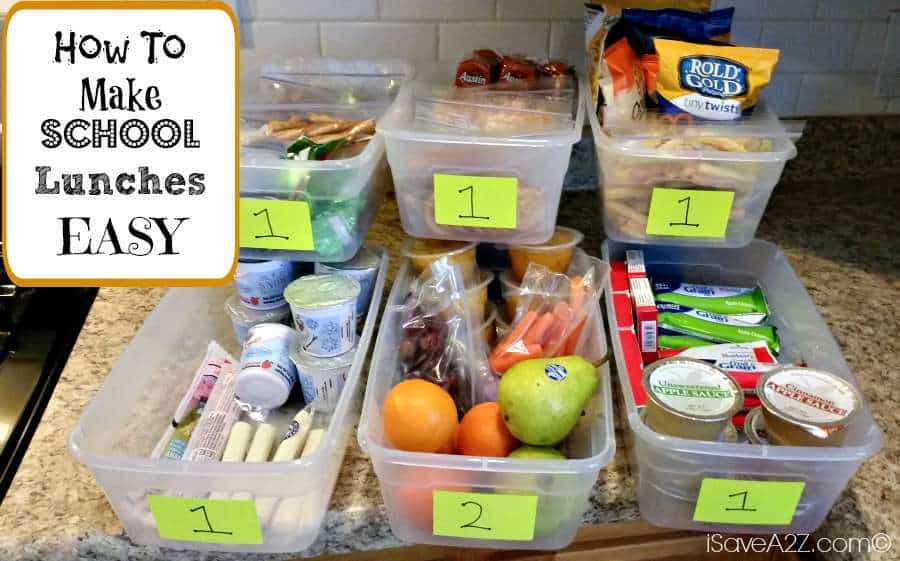Essential Tips to Raise Chickens: A Comprehensive Guide
When you raise chickens, you have to dedicate yourself to the task. Here are some basic tips to get you started!

How to Raise Chickens
Are you planning to bring some chickens onto your homestead so you can enjoy a few fresh eggs? There’s more to raising chickens than just sticking them in a chicken house and waiting for those eggs.
When it comes to raising chickens, it’s important to dedicate yourself to the task to ensure the health and productivity of your flock. This comprehensive guide will provide you with essential tips and insights on how to raise chickens successfully. Whether you’re a beginner or looking to expand your knowledge, these tips will help you navigate the process of raising chickens, from providing the right housing to feeding them properly.
Here are a few tips to help you get started.
Creating a Cozy Nesting Space
One crucial aspect of raising chickens is providing suitable nest boxes. Hens prefer laying their eggs in cozy and secure environments. To create an ideal nesting space, consider the following:
- Opt for enclosed nest boxes with a front opening to provide privacy and security.
- Aim for one nest box per 3-5 hens to ensure they have enough space.
- Fill the nest boxes with straw, as it provides a comfortable and hygienic bedding material.
- Collect eggs at least once per day, preferably in the afternoon, to maintain their freshness.
Detailed Info on Nesting Boxes
Enclosed Nest Boxes with Front Openings: To cater to your hens’ nesting preferences, opt for nest boxes that are enclosed and have a front opening. This design offers privacy and security, creating a comfortable and inviting space for egg-laying. The enclosed structure helps hens feel protected and reduces disturbances from other flock members or external factors.
Sufficient Space: It’s important to ensure that there is an adequate number of nest boxes for your flock. Aim for approximately one nest box per 3-5 hens to prevent overcrowding and competition. This allows each hen to have sufficient space and reduces the likelihood of eggs being laid outside the nest boxes. Providing ample nesting options also encourages hens to choose a suitable spot and minimizes potential disputes over nesting territories.
Comfortable Bedding with Straw: To make the nest boxes cozy and hygienic, fill them with suitable bedding material. Straw is a commonly used and readily available option that offers excellent comfort and insulation. It provides a soft surface for the eggs, helps regulate temperature, and absorbs moisture. Regularly check and replace the straw to maintain cleanliness and ensure a comfortable nesting environment for your hens.
Regular Egg Collection: To maintain egg freshness and minimize the risk of accidental breakage, it’s recommended to collect eggs from the nest boxes at least once per day. Ideally, collecting eggs in the afternoon allows hens enough time to complete their laying process for the day. Regular collection also helps prevent broodiness, where hens may become excessively attached to their eggs, potentially disrupting their egg-laying cycle.
Ensuring Constant Access to Water
Water is essential for chickens to stay hydrated and maintain their overall health. Here’s what you need to know about providing water for your flock:
- Ensure chickens have access to fresh and clean water at all times.
- Chickens can become dehydrated quickly, so it’s crucial to monitor their water supply regularly.
- Due to the moist nature of chicken droppings, they require ample water intake to stay healthy.
Detailed Info on Hydration for Chickens
Access to Fresh and Clean Water: Chickens should have continuous access to fresh and clean water at all times. This means regularly refilling their water containers to ensure an adequate supply. Clean water prevents the buildup of contaminants and bacteria that could compromise the health of your chickens. Consider using waterers specifically designed for poultry, which help maintain cleanliness and minimize spillage.
Monitoring Water Supply: It’s crucial to monitor the water supply regularly, especially during hot weather or when there is an increased demand for water. Chickens can quickly become dehydrated, particularly in high temperatures or when engaging in activities that require additional energy. Regularly check the water level to ensure it doesn’t run dry and assess the cleanliness of the waterer to maintain optimal conditions.
Hydration and Moist Droppings: Chickens’ droppings have a naturally moist consistency, indicating the need for ample water intake. Adequate hydration plays a vital role in maintaining the health of their digestive system. Water aids in the breakdown of food, absorption of nutrients, and elimination of waste. Without sufficient water, chickens may experience digestive issues, including constipation or impacted crops.
Temperature Considerations: Extreme temperatures can impact the water consumption of chickens. During hot weather, chickens may drink more water to regulate their body temperature and prevent dehydration. In contrast, during colder months, their water intake may decrease. It’s important to account for these fluctuations and provide appropriate water sources accordingly. Consider using heated waterers in freezing temperatures to prevent water from freezing and ensure continuous access for your flock.
Water Quality and Contaminant Prevention: Providing clean and uncontaminated water is essential for the health of your chickens. Ensure the water source is free from chemicals, pollutants, or harmful substances that could negatively affect their well-being. Avoid using water sources that may contain high levels of minerals, such as excessive iron or sulfur, as these can impact the taste and quality of the water. Regularly clean and sanitize the water containers to prevent the growth of algae or bacteria.
Choosing between Free Range and Containment
Deciding whether to allow your chickens to free range or keep them contained is an important consideration that can impact their well-being and the overall management of your flock. Here’s a more detailed exploration of the differences between these two options:
Free Range
Free ranging refers to allowing your chickens to roam and forage in a larger area, such as your yard or pasture. Here are some key points to consider about free range:
- Natural Foraging: Free range chickens have the opportunity to engage in natural behaviors by scratching, pecking, and searching for food. They can eat grass, weeds, bugs, and other small organisms they encounter while exploring the area. This natural foraging behavior helps diversify their diet and provides mental stimulation.
- Weed and Pest Control: Free range chickens can play a role in controlling weeds and pests in your yard or garden. They are excellent at hunting down and consuming insects, slugs, and other unwanted critters. This can contribute to a more balanced ecosystem and reduce the need for chemical interventions.
- Exercise and Space: Allowing chickens to free range provides them with ample space to move around, stretch their wings, and engage in physical activities. This promotes healthier muscle development and overall well-being.
- Potential Damage: It’s important to consider that free range chickens may cause some damage to your garden, flowers, or crops. They might peck at young plants, scratch the soil, or nibble on fruits and vegetables. Protective measures, such as fencing or designated areas, can help mitigate these issues.
- Predators and Security: One significant concern with free range chickens is the increased vulnerability to predators, including raccoons, foxes, hawks, and stray dogs. It’s crucial to provide a secure coop or shelter where your chickens can safely roost at night to protect them from nocturnal threats.
Containment
Containing your chickens within a wired pen, enclosed yard, or designated area offers a different approach to their management. Here are some considerations when opting for containment:
- Protection and Security: Keeping chickens contained provides a higher level of security against predators. A well-built coop and wire fencing create a physical barrier that helps safeguard your flock from potential threats.
- Controlled Environment: By keeping chickens contained, you have more control over their surroundings, minimizing the risks of accidents or exposure to harmful substances. You can create a safe and controlled environment that caters to their specific needs.
- Reduced Damage and Control: Containment can help protect your garden, flower beds, and landscaping from the potential damage caused by free range chickens. It allows you to designate areas where chickens cannot access, preserving your plants and produce.
- Concentrated Manure: Keeping chickens contained in a specific area allows for easier management of their manure. You can collect and utilize it as fertilizer for your garden or composting system, contributing to sustainable practices.
- Additional Supplements: While chickens in containment may have limited access to natural foraging, you can still supplement their diet with treats such as freshly-mowed grass, kitchen scraps, or specially formulated chicken feed. These additions help ensure they receive a balanced and nutritious diet.
Ultimately, the choice between free range and containment depends on various factors, including your available space, predator risks, desired level of control, and the impact on your property. Evaluating these factors will help you determine the most suitable approach for raising your chickens and meeting their specific needs.
What Food Scraps Can I Feed My Chickens?
Feeding your chickens food scraps is a great way to reduce waste and provide additional nutrition. Here are some guidelines to follow:
- Avoid feeding raw potato peelings, as they contain substances that can be toxic to chickens.
- Citrus fruits such as oranges and lemons are not preferred by chickens and should be skipped.
- Do not feed your chickens rotten or molded food; only give them scraps that are safe and fresh.
- Utilize food items past their freshness dates or stale, as long as they are not moldy or rotten.
- Crush and feed your chickens their own eggshells to provide them with calcium, which supports healthy egg production.
Detailed Info On Feeding Scraps to Chickens
Raw Potato Peelings and Other Toxic Foods: While chickens can consume a wide variety of food scraps, it’s essential to avoid feeding them certain items that can be harmful. Raw potato peelings, for example, contain solanine, a naturally occurring toxin that can be toxic to chickens when consumed in large quantities. Therefore, it’s best to refrain from including raw potato peelings in their diet to ensure their well-being.
Skip Citrus Fruits: Chickens generally do not prefer the taste of citrus fruits such as oranges and lemons. Including these fruits in their diet is unnecessary, as they may ignore or consume them sparingly. It’s best to skip offering citrus fruits to your chickens and focus on other nutritious options.
Safe and Fresh Scraps: When providing food scraps to your chickens, it’s crucial to prioritize their safety and freshness. Avoid feeding them rotten or molded food, as these can lead to health issues and digestive problems. Only offer scraps that are still fresh and free from signs of spoilage.
Utilizing Food Items Past Freshness Dates: Food items that have passed their freshness dates can often still be used to supplement your chickens’ diet. Stale bread, for instance, can be given to chickens as an occasional treat. It’s important to ensure that such items are not moldy or rotten, as those can pose health risks. Regularly inspect the food scraps and discard anything that shows signs of decay.
Beneficial Eggshells: Eggshells are a valuable resource that can be utilized to provide essential calcium to your chickens. Crush and feed them back to your hens as a calcium supplement. Calcium plays a vital role in supporting healthy egg production and maintaining strong eggshells. By recycling the eggshells, you promote sustainability within your flock and help ensure the overall health of your chickens.

Detailed Info About the Top 7 Chicken Breeds and Laying Hens in the United States
Rhode Island Red
- Egg Production: Rhode Island Reds are excellent layers, known for their consistent production of large brown eggs. They can lay around 200-300 eggs per year.
- Life Expectancy: On average, Rhode Island Reds have a lifespan of 6 to 8 years.
- Demeanor: They are generally docile and friendly, making them suitable for both backyard flocks and small farms. They are known for their hardiness and adaptability to various climates.
Leghorn
- Egg Production: Leghorns are known for their exceptional egg-laying abilities, producing an impressive number of large white eggs. They can lay up to 280-320 eggs per year.
- Life Expectancy: Leghorns have a lifespan of around 4 to 6 years.
- Demeanor: They tend to be more active and independent, preferring to roam and forage. While they may be more flighty and less inclined to be handled, they can still be friendly if properly socialized.
Plymouth Rock (Barred Rock)
- Egg Production: Plymouth Rocks are reliable layers, producing medium to large brown eggs. They typically lay around 200-280 eggs per year.
- Life Expectancy: On average, Plymouth Rocks have a lifespan of 6 to 8 years.
- Demeanor: They have a calm and friendly temperament, making them great additions to family flocks. Plymouth Rocks are known for being docile and easy to handle, making them suitable for children or beginners.
Sussex
- Egg Production: Sussex chickens are known for their consistent egg production, laying medium to large brown eggs. They can produce around 250-300 eggs per year.
- Life Expectancy: Sussex chickens have a relatively long lifespan, averaging 6 to 8 years.
- Demeanor: They have a calm and gentle nature, making them friendly and easy to handle. Sussex chickens are known for their versatility, excelling in both egg production and meat quality.
Ameraucana
- Egg Production: Ameraucanas are popular for their unique blue or green eggs. They are moderate layers, typically producing around 150-200 eggs per year.
- Life Expectancy: Ameraucanas have a lifespan of approximately 6 to 8 years.
- Demeanor: They are known for their friendly and docile temperament, making them a favorite among backyard chicken enthusiasts. Ameraucanas are generally well-behaved and adaptable to different environments.
Wyandotte
- Egg Production: Wyandottes are known for their consistent egg production, laying medium to large brown eggs. They can produce around 200-250 eggs per year.
- Life Expectancy: On average, Wyandottes have a lifespan of 6 to 8 years.
- Demeanor: They have a calm and friendly disposition, making them suitable for both backyard flocks and exhibition purposes. Wyandottes are known for their striking feather patterns and make beautiful additions to any flock.
Orpington
- Egg Production: Orpingtons are reliable layers, producing approximately 180-200 brown eggs per year.
- Life Expectancy: With proper care, Orpingtons can live up to 6-8 years.
- Demeanor: They have a calm and friendly nature, making them suitable for families and backyard environments. Orpingtons are known for their docility and tolerance, often enjoying gentle interactions with humans.
Please note that individual characteristics can vary among chickens, so it’s essential to consider specific strain variations and personal experiences when selecting and raising chicken breeds.
By following these essential tips to raise chickens, you’ll be well on your way to establishing a healthy and productive flock. Remember to provide comfortable nest boxes, ensure constant access to clean water, and make a thoughtful decision about free range or containment. Additionally, feeding your chickens food scraps can reduce waste and enhance their diet.
Pin this comprehensive guide for future reference, and enjoy the benefits of fresh eggs from your own flock!






